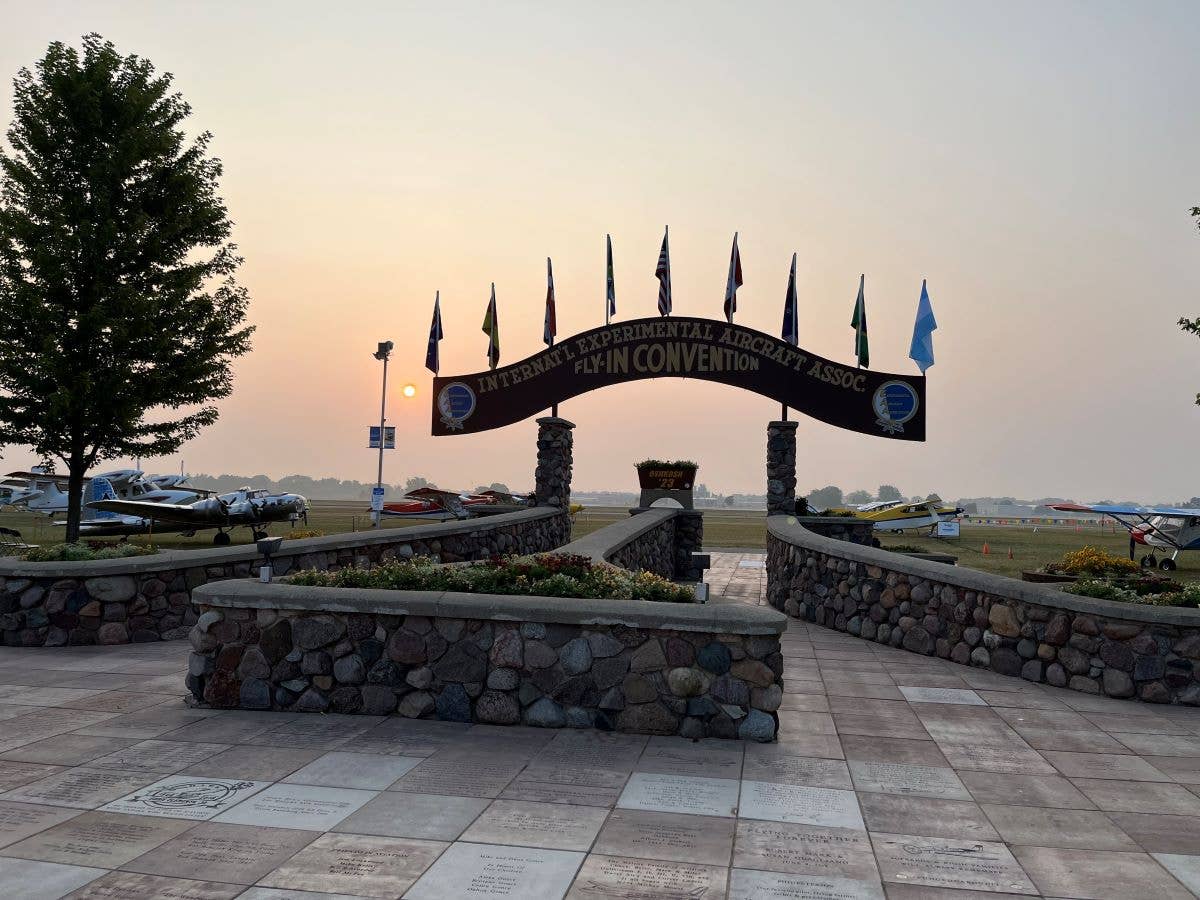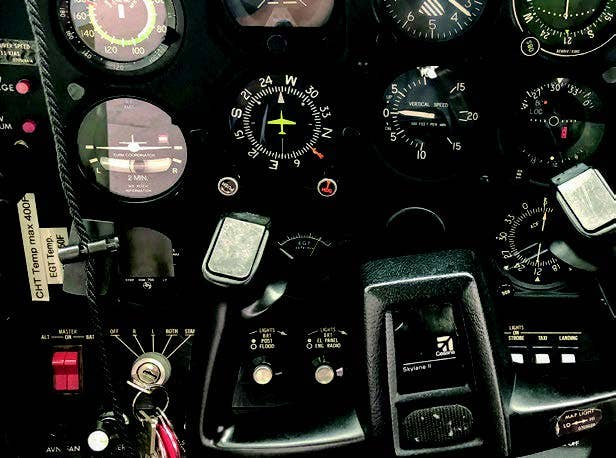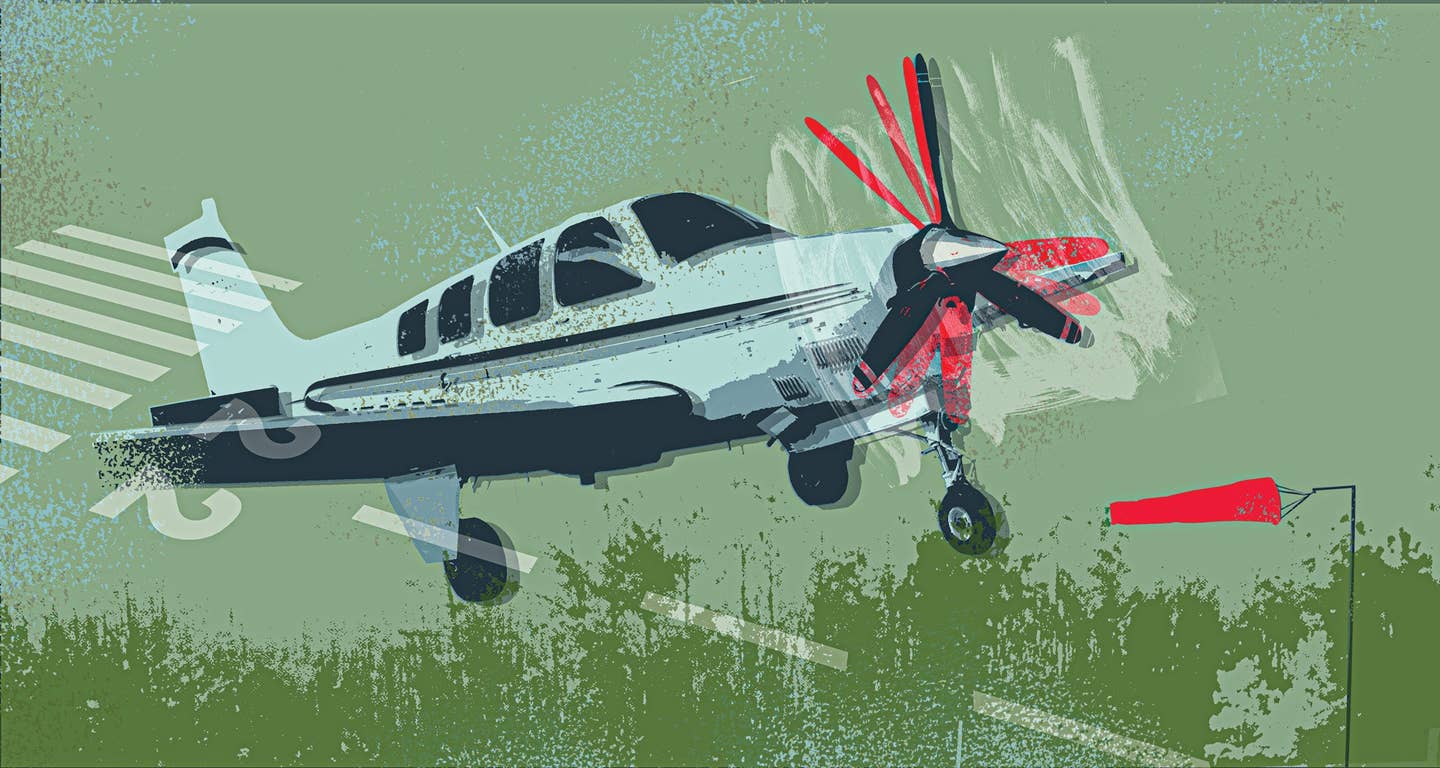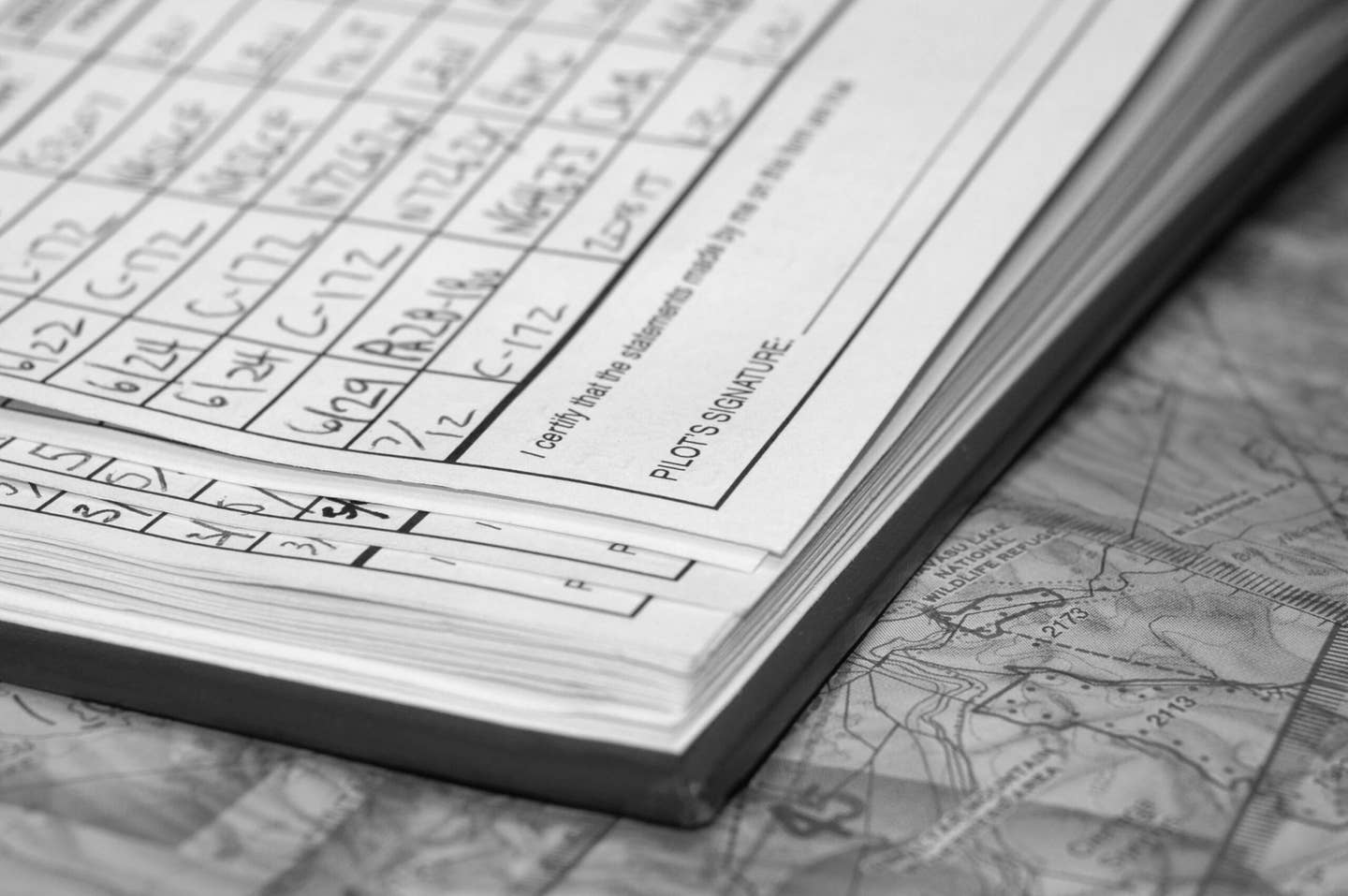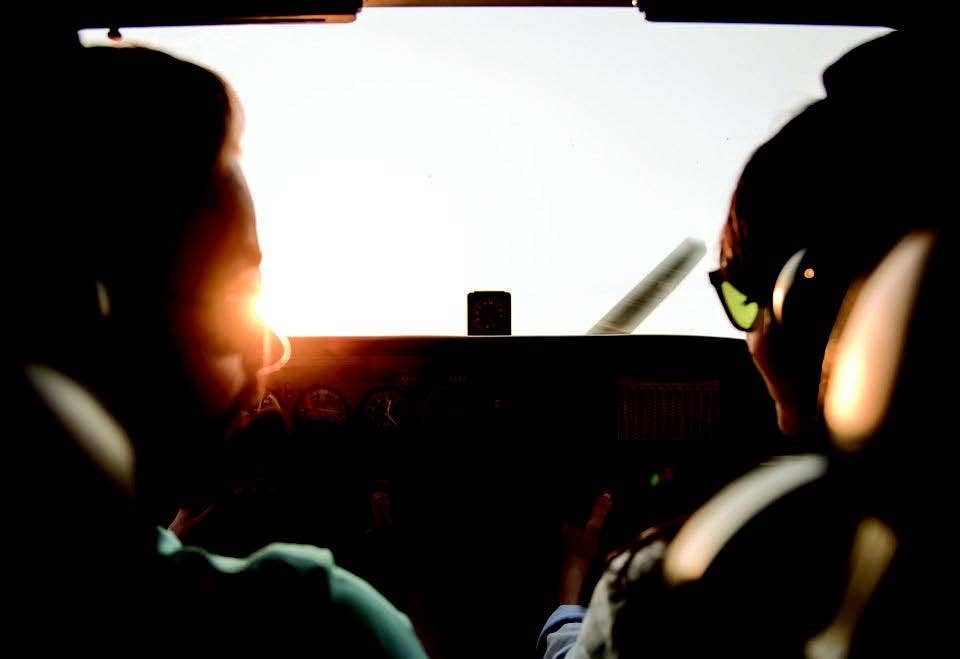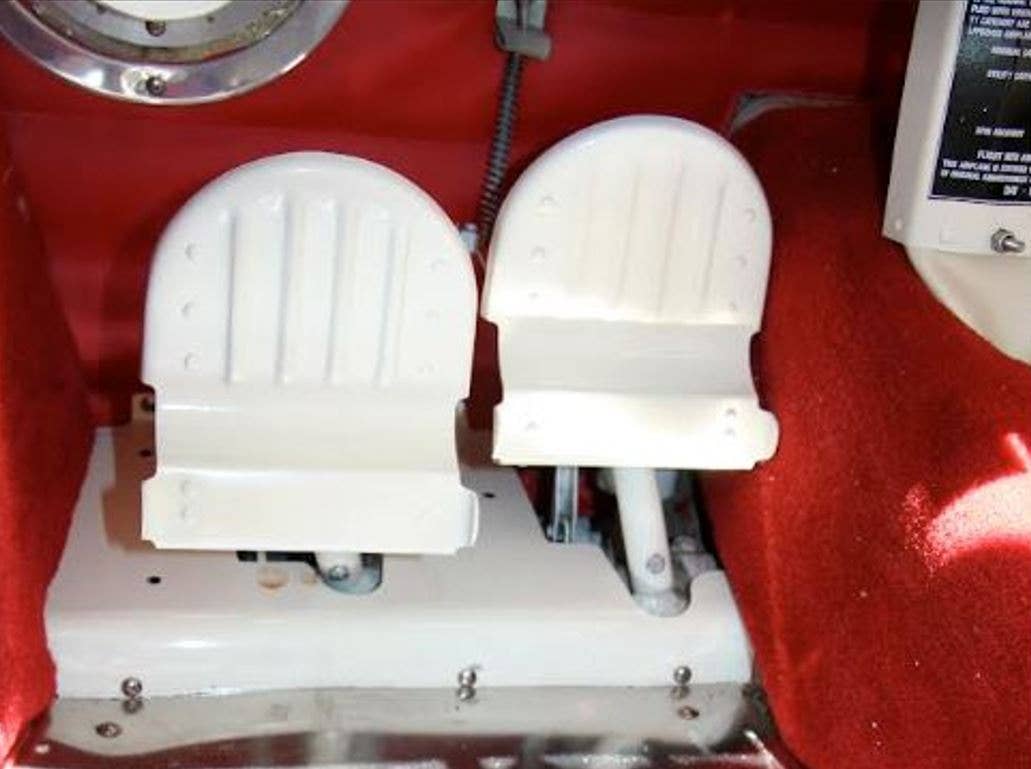
“I saw the control lock still latched across the captain’s yoke, and I yelled: ‘Willy! Unlock the controls!'” Joel Kimmel
In an airplane, surely cheap thrills are better than costly thrills—but, frankly, a safer atmosphere in the cockpit may be boring thrills. Boredom in an airplane is good.
I begin to sound cynical here when, in truth, I feel that our best experiences in airplanes can fall somewhere between serenity and a luminous exaltation. Here I want to tell you about yet another kind of airborne thrill I once suffered.
When I was a wet young pup back in the 1970s, I flew for a dirtbag commuter airline I’ll call “Moonglow Airways.” I was a copilot on the Douglas DC-3 and the Martin 404 at a time when both of these airplanes were already perceived by many as geriatric refugees from the old airliners’ graveyard. I was a copilot on the DC-3 for the first year and was then given a very abbreviated checkout on the Martin. I was so new to the airplane, I could work the checklists only in a rather halting manner.
It was Friday morning on December 22, 1978, sometime before most airlines began to practice the enlightened model of crew resource management that finally got all the pilots talking with each other freely so as to engage the minds of everybody on the flight deck.
In those days, we operated on the “captain as God” model of crew interaction. The captain dictated his instructions to the underlings (and yes, the boss was almost invariably male). The subordinate officers were then expected to reconfigure the airplane on command, talk with ATC and otherwise sit quietly on their hands.
A stream of horrific accidents occurred during these years before crew resource management appeared throughout the industry. Many of these tragic accidents could have been prevented if the lower-ranking pilots had felt free to speak up with appropriate assertiveness when threats to safety arose.
Now, this trip I’m describing was to be a ferry flight down to the Bahamas, where Moonglow Airways was providing a Martin under subcontract to Bahamasair after one of their pilots sank an F-27 off the end of the runway at Chub Cay. Martins are about the same size as the F-27, so it was a good fit for their trips, shuttling between Freeport, Nassau, the other islands, and then to Miami and Fort Lauderdale, Florida.
I arrived at Operations in our Sarasota, Florida, headquarters before dawn and met the captain, whom I shall call “Wild Willy Neely.” We’d often flown together on the DC-3, so I knew him to be a highly skilled pilot. Willy was one of our many World War II guys in their 50s. In 1942, Willy had rolled down a hill in North Carolina to become a pilot of a PBY patrol bomber out in the Pacific. He had recently put his life on the straight-and-narrow by finding God and giving up cigarettes, womanizing and whiskey.
By reputation, nothing ever slowed Willy down and certainly neither would my inexperience in the Martin that day.
Willy greeted me warmly, his blue eyes bright below a white crew cut. Deep and steady, he said: “Nice to see you again. Preflight’s done. We’re ready to go, so just stow your bags, and let’s get going.”
I settled myself into my new office and found the receiving aircraft checklist.
Willy’s hands danced around the overhead panel and the throttle quadrant. Then he jockeyed the ignition, fuel and injectors just so until those Pratt & Whitney radial engines—big as battleship anchors—rumbled and galumphed to life, belching clouds of oil smoke in stumbling dance rhythms as they herded all 18 cylinders into their proper cadence.
Read More: I Learned About Flying From That
By then, I made my way almost to the end of the receiving aircraft checklist, reading and responding to each item without comment from Willy. Nothing was going to slow him down. Sarasota Tower was closed because it was before 0600 hours, so this didn’t slow him down either.
While we were rolling down the parallel taxiway, Willy did the engine run-ups, checking magnetos and cycling the propellers from low to high pitch and back.
We were at the western end of Runway 13 where I was just turning to the before-start checklist.
In his basso Southern drawl, Willy smiled at me and said, “Son, do you think you can find your way down to Freeport?”
I was feeling uncomfortable and hurried, but it was 1978, so you didn’t question the captain unless you were sure he was going to kill you. I nudged the flight controls—not a full-throw check, but they felt loose enough—and I went through the little mantra I always run before takeoff: CIFTGER (controls, instruments, flaps, trim, gas, engines, radios). Yup. All good.
In the pre-dawn blackness, I said, “OK, I got it.” I eased up the throttles to takeoff power and focused way down the runway centerline. Accelerating through 60 knots, Willy released the nosewheel steering tiller and said, “You got the airplane.”
We were almost fast enough to pull the airplane off the ground, but as we reached rotation speed, I realized that I did not have control; I was hauling back on the control yoke, but it wouldn’t move.
I saw the control lock still latched across the captain’s yoke, and I yelled: “Willy! Unlock the controls!”
I was doing a bad job of keeping the airplane tracking down the centerline. I was distracted by Willy as he was fumbling the latch free. Finally, I hauled the beast off the ground just as we were headed toward the runway-edge lights.
“Gear up,” I called out. Willy reached over and lifted up the gear handle.
The hydraulic accumulator broke into a screeching song, but the landing gear didn’t budge.
Willy put the gear lever down again, slapped his hand over his forehead and said: “Aw, man, I forgot to pull the gear pins. About every 10 years, I do this to remind myself that it works better with the gear pins pulled out.”
Great. I was thinking that in just this one year, I had five engine shutdowns at Moonglow Airways, and I was nervous because I knew the airplane wouldn’t hold altitude with an engine out and the gear down.
We made it safely round the patch, removed the pins and headed back down to Freeport.
How in the name of sweet saints Wilbur and Orville did I put myself in this position?
I was getting a lesson in how human beings can act like sheep. Unless we think for ourselves and respect our own judgment—even in the face of another’s greater experience and authority—we are no smarter than sheep being led to slaughter.
We have no one but ourselves to blame when we surrender our own judgment to woolly headed passivity and thereby attract some sheep thrills.
This story appeared in the October 2020 issue of Flying Magazine

Subscribe to Our Newsletter
Get the latest FLYING stories delivered directly to your inbox

